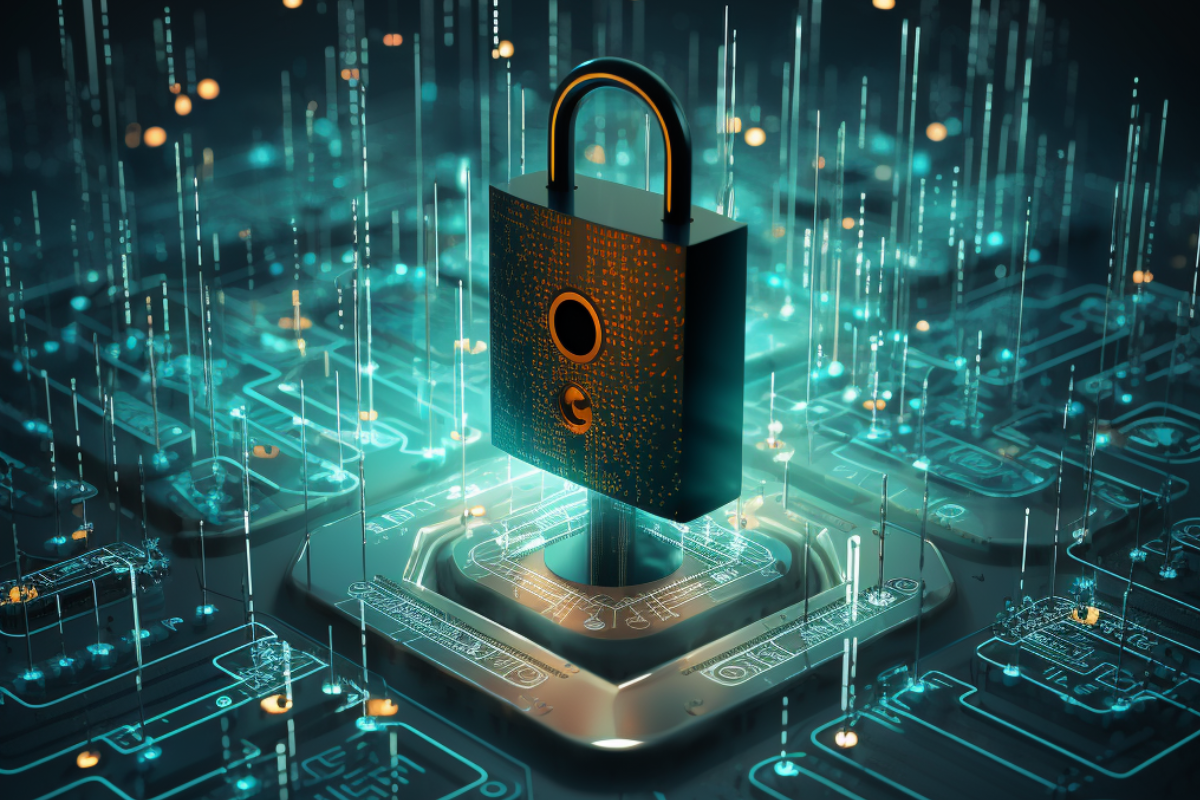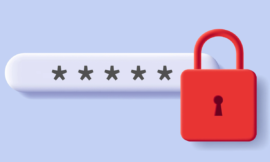In today’s digital age, cybersecurity is more critical than ever. We live in a world where we are constantly connected to the internet, sharing personal information, making online transactions, and accessing sensitive data. This interconnectedness also exposes us to various cyber threats and risks. To protect yourself and your digital presence, it’s essential to understand the basics of cybersecurity. In this beginner’s guide, we’ll explore what cybersecurity is, why it matters, and how you can start securing your online life.
What Is Cybersecurity?
Cybersecurity, a portmanteau of “cyber” and “security,” encompasses practices, technologies, and measures designed to protect computers, networks, and data from unauthorized access, attacks, or damage. It’s the digital equivalent of locking your front door to prevent burglars from entering your home.
Why Does Cybersecurity Matter?
Cyber threats are constantly evolving, becoming more sophisticated and widespread. Here’s why cybersecurity is crucial:
-
- Protecting Personal Information: Your personal information, such as your name, address, and financial data, is valuable to cybercriminals. Effective cybersecurity measures help keep this information out of the wrong hands.
- Preventing Identity Theft: Cybersecurity helps prevent identity theft, where criminals steal your personal information to commit fraud, open accounts in your name, or make unauthorized purchases.
- Safeguarding Financial Assets: Cyberattacks can result in financial losses. Protecting your online accounts and transactions is vital for safeguarding your assets.
- Preserving Privacy: Privacy is a fundamental right. Cybersecurity measures ensure that your online activities remain private and secure.
- Maintaining Trust: If you’re a business owner, cybersecurity is essential for maintaining trust with your customers. A data breach can harm your reputation and lead to customer losses.
Basic Cybersecurity Practices
Now that you understand the importance of cybersecurity, let’s delve into some basic practices to get you started:
1. Strong Passwords
Use complex, unique passwords for each online account. Combine uppercase and lowercase letters, numbers, and special characters. Consider using a trusted password manager to store and generate secure passwords. Read more
2. Two-Factor Authentication (2FA)
Enable 2FA wherever possible. This adds an extra layer of security by requiring a one-time code or verification through a secondary device, like your smartphone.
3. Software Updates
Keep your operating system, software, and apps up to date. Manufacturers release updates to patch vulnerabilities that cybercriminals might exploit.
4. Beware of Phishing
Be cautious when clicking on links or downloading attachments in emails, especially if they’re from unknown senders. Phishing emails often disguise themselves as legitimate messages to trick you into revealing sensitive information.
5. Secure Wi-Fi Networks
Change your Wi-Fi router’s default login credentials and use strong encryption (WPA3 is recommended) to protect your home network.
Conclusion 🚀
As you venture further into the digital world, understanding cybersecurity is essential. By following these basic practices and staying informed about the latest threats, you can significantly reduce your risk of falling victim to cyberattacks. Cybersecurity isn’t just about protecting your devices; it’s about safeguarding your identity, privacy, and peace of mind in the online realm.
Start with these basics, and you’ll be well on your way to becoming a more cyber-savvy individual. Stay safe, stay secure, and enjoy your digital journey!






Good article